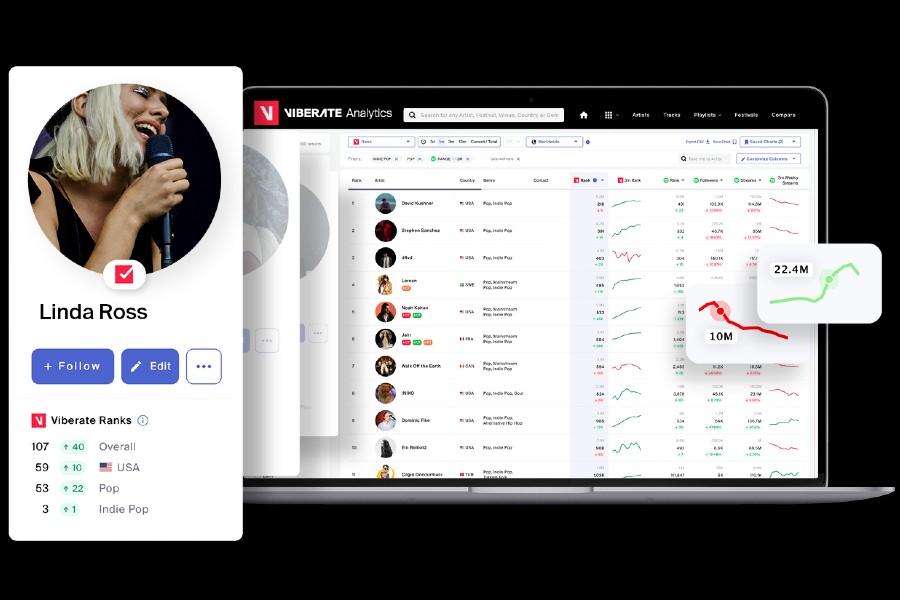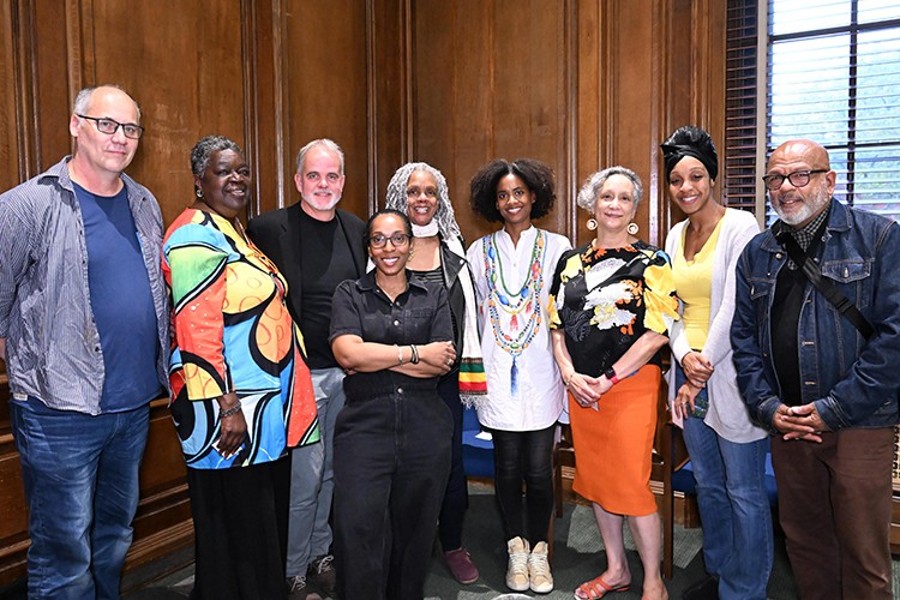 Last year, billionaire and philanthropist MacKenzie Scott donated $560 million to 23 long-established black colleges and universities, both public and private.
Last year, billionaire and philanthropist MacKenzie Scott donated $560 million to 23 long-established black colleges and universities, both public and private.
For many universities, this is the largest financial gift they have received, and it has brought severely underfunded institutions into the focus of attention for decades.
But what is the difference between the 23 institutions that Scott chose from the other 78 accredited Historically Black Colleges and Universities (HBCUs) she did not choose?
Scott emphasized that her donation method is data-driven, with the focus on entrusting HBCU leaders to freely decide how to best use unrestricted funds.
Scott emphasized that her donation method is data-driven, with the focus on entrusting HBCU leaders to freely decide how to best use unrestricted funds. Scott didn’t make the decision on her own.
In a Moderate postal, from July 2020, she wrote that she has a team of non-profit consultants, “mainly representatives from historically marginalized ethnic, gender, and sexual identity groups.”
…federal data from the National Center for Education Statistics was used to determine the common ground between the institution of choice and the institution of non-selection.
A study led by a scholar at Rutgers University provides further insights. A sort of Report Based on this research and released on Thursday, federal data from the National Center for Education Statistics was used to determine the common ground between the institution of choice and the institution of non-selection.
The survey results include: HBCU that accepts donations has recruited more college students. On average, the median number of students studying for a degree for the first time in the enrollment class of the selected institution is 716, compared with 349 in other institutions. Scott’s HBCU usually also has higher tuition and the fees-the median is $10,861, which is $2,293 higher than the median fee for those who did not receive money from Scott. Their retention rate and graduation rate are also higher. On average, the retention rate of the selected HBCU is 15% higher than the retention rate of the unselected HBCU. On average, the six-year graduation rate of institutions that accept donations is 16% higher than other HBCUs.
Analyze and collect data. The author said that the report can also be a tool of HBCU itself.
The report’s lead author, Marybeth Gasman, a professor at the Graduate School of Education at Rutgers University, and Resche Hines, CEO of the organization Trivium BI, said these findings could help others interested in making charitable donations to minority service organizations. Analyze and collect data. The author said that the report can also be a tool of HBCU itself.
“For HBCUs, it is necessary to equip its organization with data on a regular basis. This data can be easily presented to people. If they are not satisfied with it, they can work hard to change these results,” said Gasman, who co-authored the report with Hines and Chief Data Officer of Trivium BI Architect Angela Henderson.
Another key difference, but not so obvious from the federal data, is that the selected institutions also have consistent leadership.
Another key difference, but not so obvious from the federal data, is that the selected institutions also have consistent leadership.
“You do see that full-scale agencies with strong leadership tend to get donations,” said Gasman, who is also the executive director of the Rutgers Center for Minority Services. “There are many long-term or effective leaders of organizations that don’t get it. But there may be other reasons.”
She used the examples of Alcorn State University, which received $25 million from Scott, and Jackson State University, which was not selected. Although Jackson State University outperforms Alcorn on many indicators determined by Gasman’s team of researchers, Jackson State University’s leadership changes in recent years have been greater than those of Alcorn State University.
In 2016, the former president Carolyn Meyers resigned due to criticism of the organization’s financial management; the following year, William B. Bynum Jr. served until he was arrested for a crime and resigned. After serving as acting president, Thomas K. Hudson was appointed as the official president in 2020.
Although some observers say that Scott’s philanthropic approach can serve as a model for how other donors should donate to minority service organizations, several higher education experts emphasize that such donations are made in a larger context, especially against the historical background of insufficient national funds.
Most HBCUs that received Scott donations used most of the funds to support their donations. Compared with neighboring predominantly white institutions, most of the donations were relatively low, partly because their state continued to lack funds.
In March, Maryland Governor Larry Hogan signed the bill to provide 577 million U.S. dollars. More than 10 years to the HBCU in the state. The bill settled a federal lawsuit alleging discrimination and persistent underfunding in four HBCUs in the state, including Bowie State University and Morgan State University, and the University of Maryland East Coast, which received a donation from Scott. In Tennessee, state budget officials conducted a months-long investigation exposed. Since the 1950s, a local HBCU (Tennessee State University) has underfunded as much as $544 million. Tennessee State University did not receive Scott’s donation. Similar cases of unfairness have also been observed in HBCU’s state funding Mississippi and Alabama.
“Charitable donations should supplement rather than replace state and federal support,” said Kayla C. Elliott, director of higher education policy at The Education Trust, a nonprofit research and advocacy organization.
Elliott said that while the increase in charitable funding is encouraging, the state still has an obligation to its taxpayers, students, and the institution itself to ensure that they receive adequate funding and must make up for the long-standing relationship between HBCU and PWI Inequality of resources.
An HBCU in Maryland is using the funds as a lever for the state to provide recurrent funding.
The president of Morgan State University David Wilson used the approximately US$500,000 donated by Scott to create a continuous grant of $3 million per year for the staffing and research of the Morgan State University Urban Health Equity Center. Morgan received $40 million from Scott.
Wilson said: “The new crown virus has exposed all the racial inequality surrounding public health in this country. This is very timely.” “But if we don’t get that gift, then the annual grant of $3 million will never happen. “
The Biden-Harris administration has expressed increased support for the institutions, including a Renewed commitment to HBCU. The Cares Act funds and other federal grants allow minority service agencies to Eliminate student debt during the Covid-19 pandemic reported The Chronicle Of Higher Education.
“It’s really a bit like the HBCU revival that you see,” Gasman said. “I hope the states will realize that HBCU is an important investment, and they should continue to increase their allocations.”
“Will it be like this?” she added. “I have no idea.”
Become a Harlem Insider!
By submitting this form, you are consenting to receive marketing emails from: Harlem World Magazine, 2521 1/2 west 42nd street, Los Angeles, CA, 90008, https://www.harlemworldmagazine.com. You can revoke your consent to receive emails at any time by using the SafeUnsubscribe® link, found at the bottom of every email. Emails are serviced by Constant Contact








